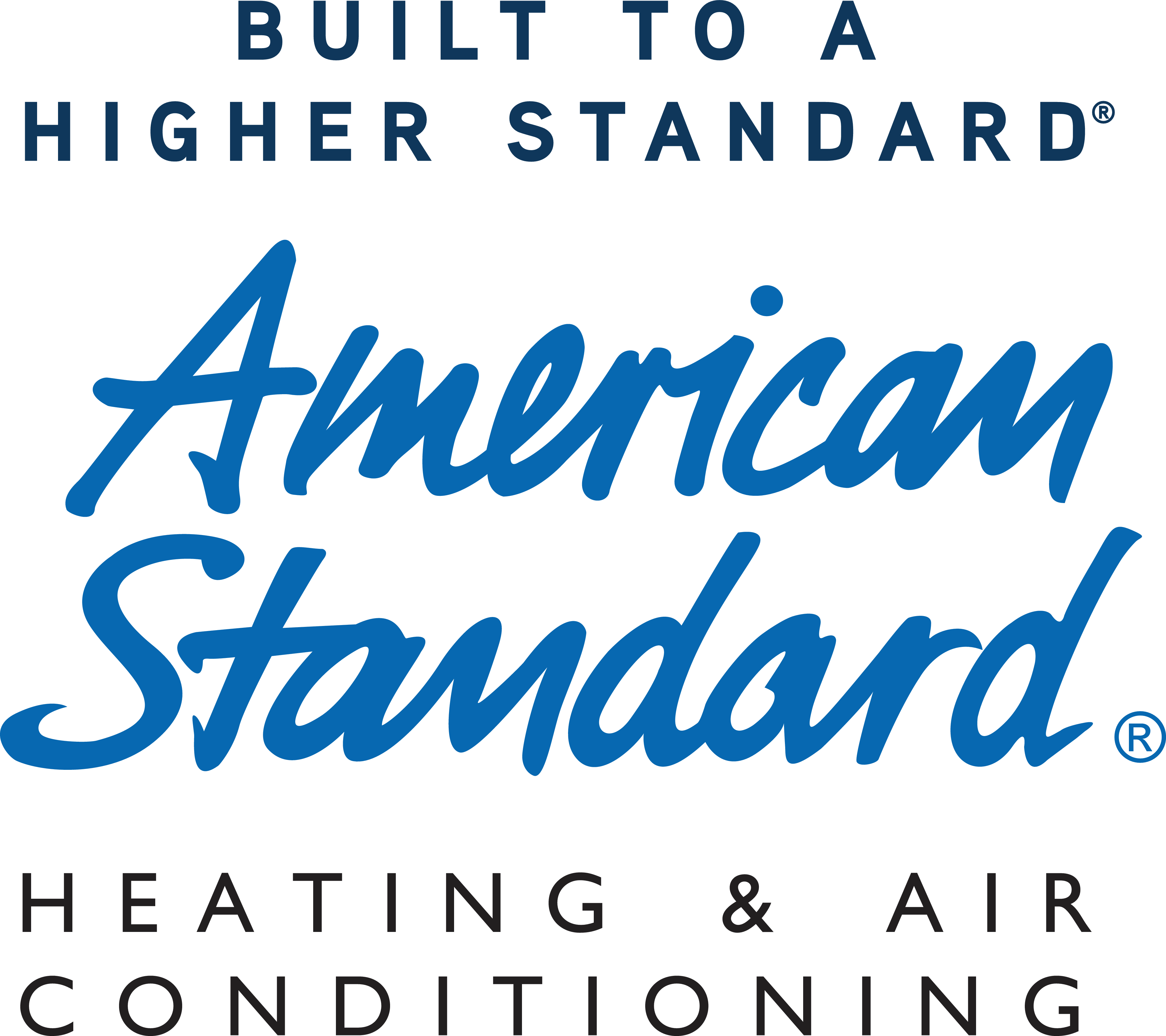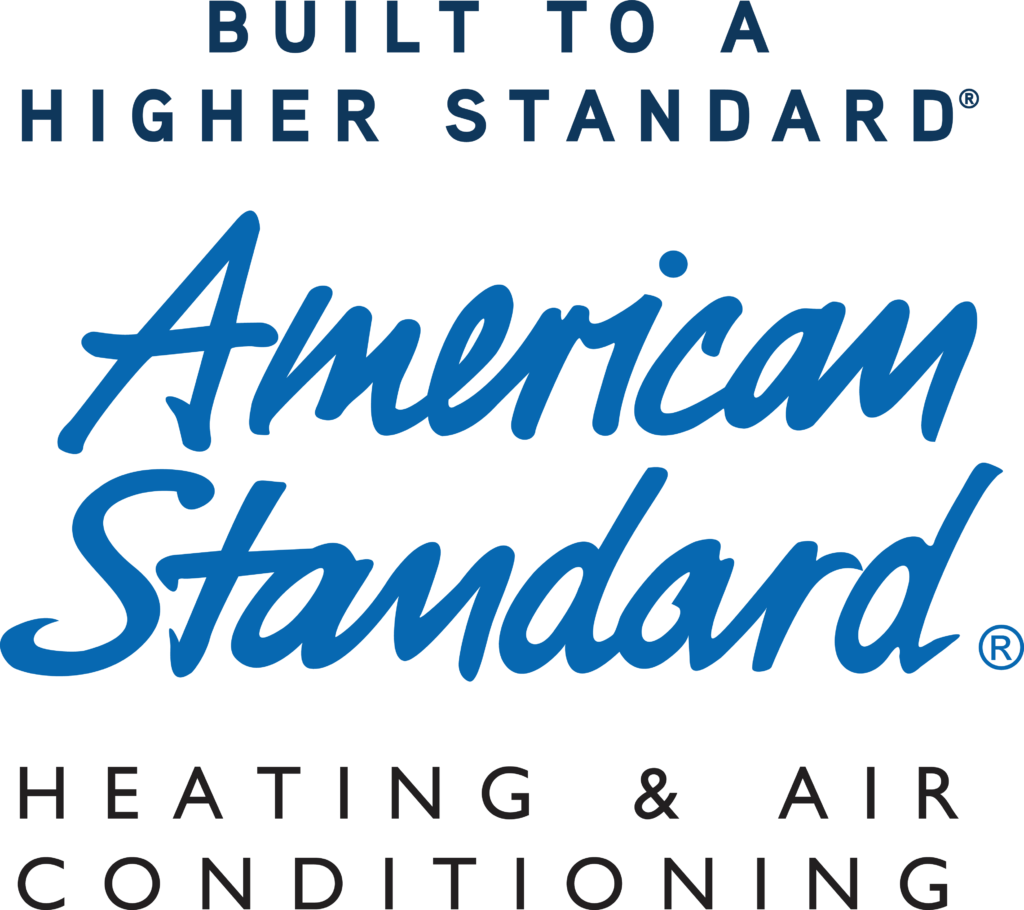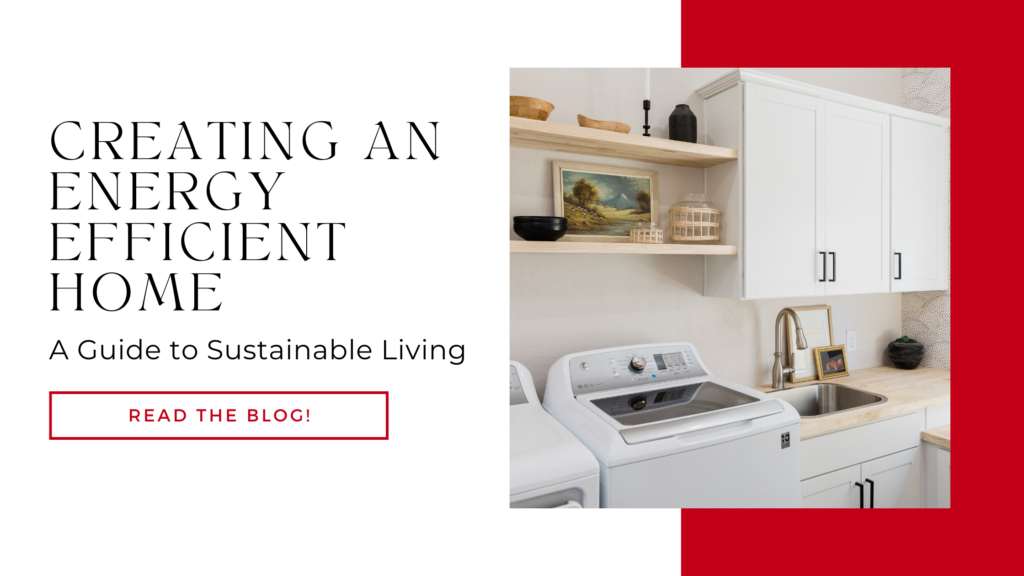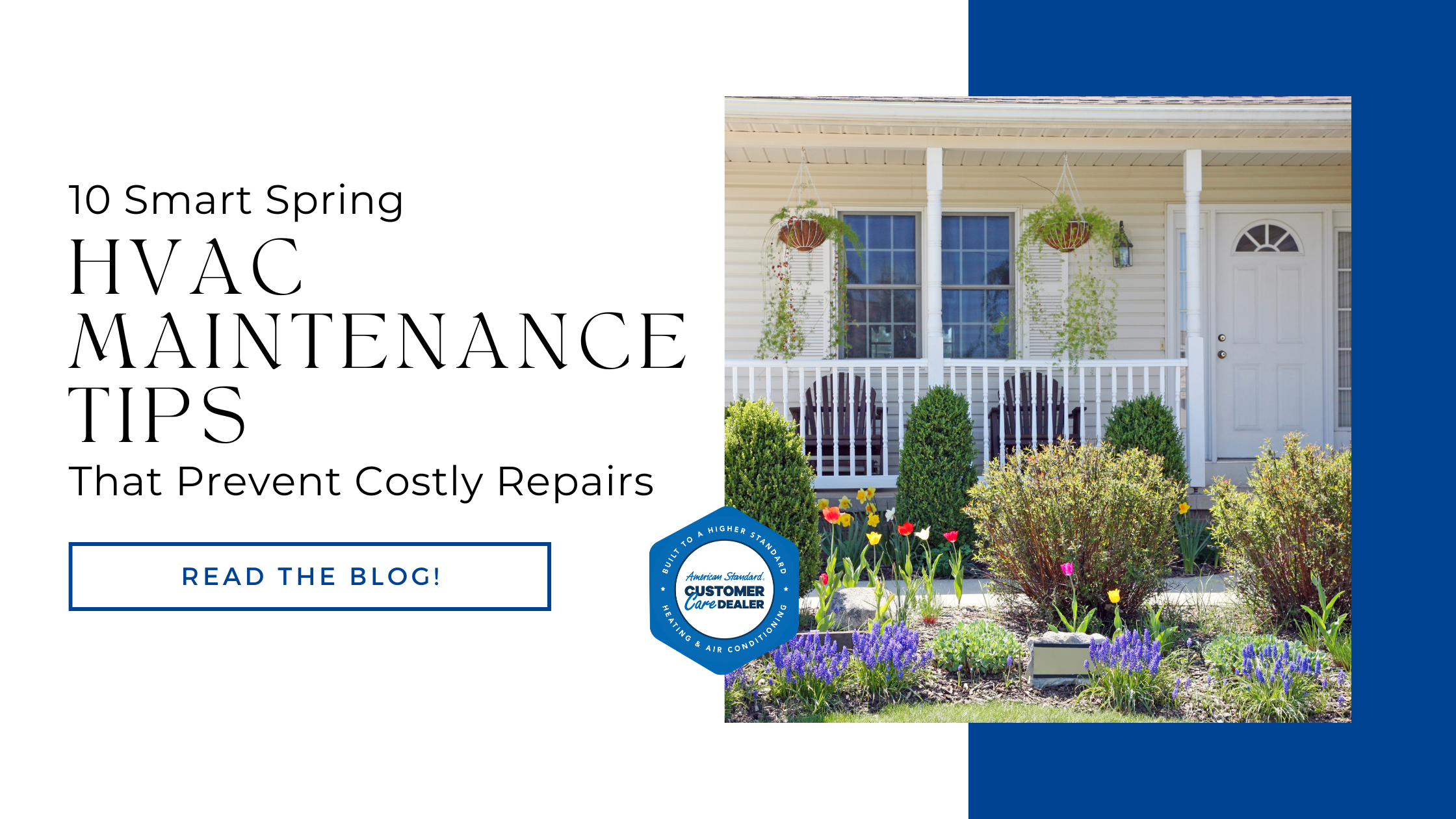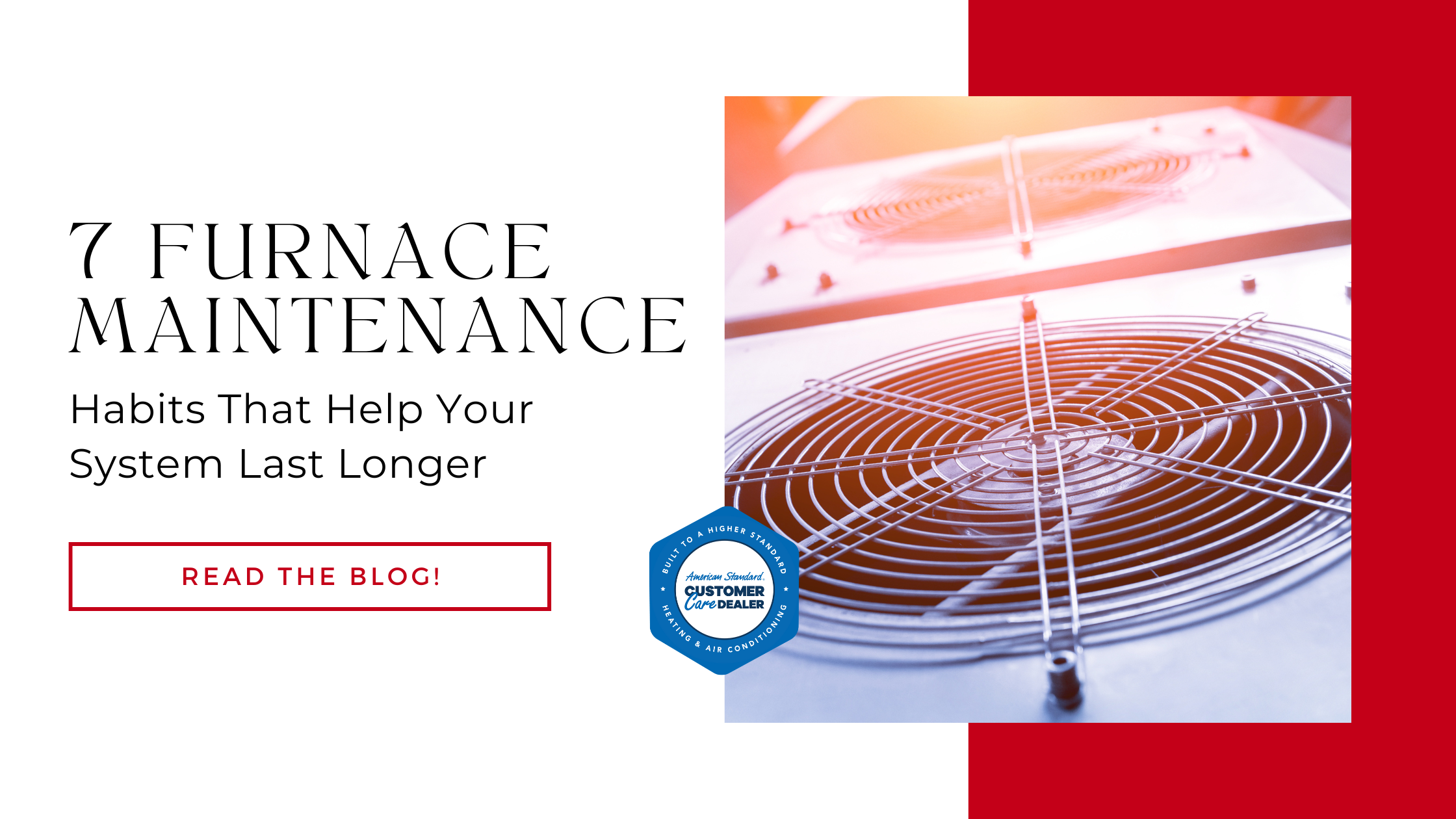Creating an Energy Efficient Home: A Guide to Sustainable Living
Creating an Energy Efficient Home is not just beneficial for reducing utility bills—it’s also a step towards a more sustainable future. An Energy Efficient Home conserves resources, reduces greenhouse gas emissions, and offers a comfortable living environment. In this blog, we’ll explore several strategies to make your home more energy-efficient, concluding with the importance of upgrading to a high-efficiency HVAC system.
Start with Insulation and Weatherization
One of the most effective ways to increase your home’s energy efficiency is by improving its insulation. Proper insulation keeps warm air inside during winter months and cool air in during the summer, reducing the need for heating and cooling systems. Additionally, sealing cracks and gaps around doors, windows, and other openings with weatherstripping or caulk prevents drafts and further controls indoor temperatures.
Upgrade Your Windows
Windows are significant contributors to heat loss and gain in a home. Double or triple-pane windows filled with inert gas and coated with reflective film can drastically improve thermal insulation. While new windows can be an investment, the long-term energy savings and improved comfort are worth the cost.
Implement Smart Thermostats
The introduction of smart thermostats has revolutionized energy management in homes. These devices allow you to program and adjust your heating and cooling settings remotely through your smartphone. By setting schedules according to your routine, you eliminate unnecessary heating or cooling when the house is empty, saving energy and money.
Optimize Water Heating
Water heating accounts for a significant part of a household’s energy consumption. You can reduce this by setting the water heater thermostat to a lower temperature, insulating the water tank, and opting for energy-efficient fixtures like low-flow showerheads and faucets. Tankless water heaters, which provide hot water on demand instead of storing it, are another excellent way to conserve energy.
Choose Energy-Efficient Appliances
When it’s time to replace old appliances, opt for those labeled with ENERGY STAR. These appliances meet strict energy efficiency guidelines set by the U.S. Environmental Protection Agency and the Department of Energy. From refrigerators to washing machines, these appliances consume less electricity and water, reducing your utility bills and environmental impact.
Lighting Matters
LED bulbs use up to 75% less energy than traditional incandescent bulbs and last significantly longer. Swapping out old bulbs for LED alternatives is a simple yet effective step towards an Energy Efficient Home. Consider using motion sensors, dimmers, and timers to further control lighting usage and maximize energy savings.
Embrace Renewable Energy Sources
Installing solar panels or investing in other renewable energy sources can greatly diminish your reliance on fossil fuels and decrease your carbon footprint. Although the initial investment may be substantial, the reduction in energy bills and potential tax incentives can make renewable energy sources an economically viable option.
Upgrading to a High-Efficiency HVAC System
Your HVAC system is responsible for a large portion of your home’s total energy use. In fact, it accounts for around 50% of your home’s energy usage by itself, making it a key area to address when striving for efficiency. Old or poorly maintained HVAC systems can be significant energy drains, leading to higher costs and more frequent repairs.
Benefits of High Efficiency HVAC
Upgrading to a high-efficiency HVAC system comes with many benefits. These modern systems are designed to use less energy to produce the same level of comfort as their older counterparts. They achieve this through improved technology, such as variable-speed compressors and fans that adjust the airflow based on the need, helping to maintain consistent temperatures while using less power.
In addition to increased performance, high-efficiency HVAC systems often run quieter and offer better humidity control, contributing to a more comfortable home environment. Many also come with advanced filtration systems that improve indoor air quality, an important consideration for health and well-being.
Consult A Professional
Before purchasing a new HVAC system, consult with a certified professional who can recommend an appropriately sized unit for your space. An oversized or undersized system can be inefficient and may not adequately control the temperature or humidity in your home.
Invest In Your Home
Ultimately, the upfront cost of upgrading to a high-efficiency HVAC system should be considered an investment in your home’s value, comfort, and sustainability. With lower operating costs and potential rebates or incentives, the upgrade often pays for itself over time.
By adopting these energy-efficient practices and considering a high-efficiency HVAC system, homeowners can play a pivotal role in conserving resources and protecting the environment, all while enjoying a more comfortable living space and saving on utility costs. It’s a win-win scenario that benefits both the individual and the planet.
Contact Us
If you think you might be interested in, or want to learn more about our high-efficiency HVAC systems, Air Refrigeration and Contracting is the only name you need to know.
Air Refrigeration and Contracting is a trusted American Standard Heating & Air Conditioning Customer Care Dealer in Brewton, AL. Call us at 251-867-9255 for more information and follow us on social media for more helpful home tips.

